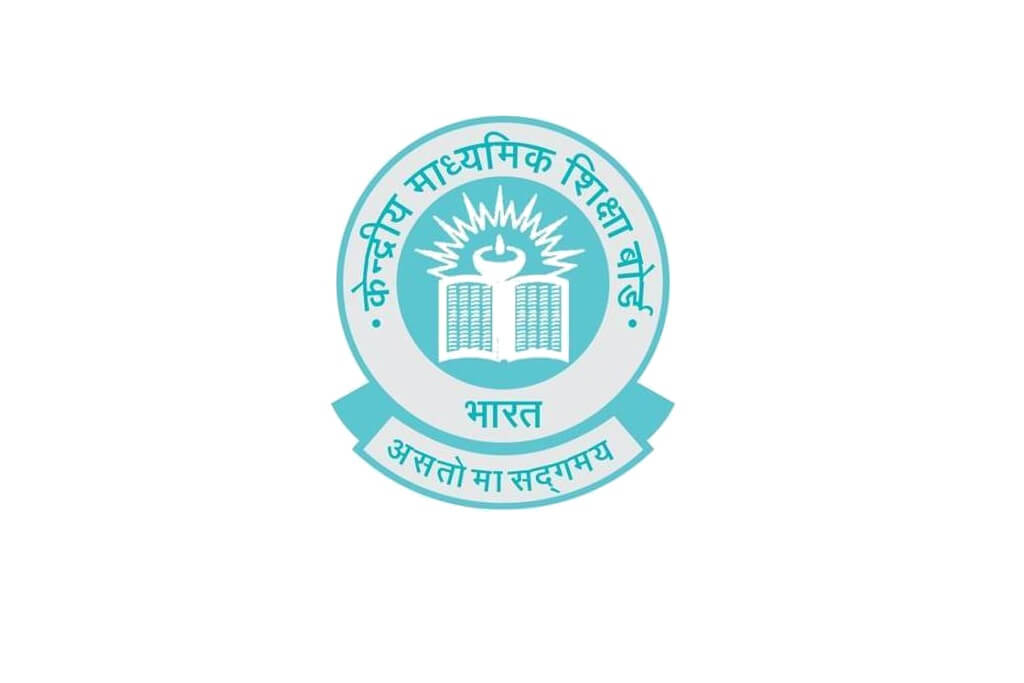
How many boards are there in India?
According to the Indian Constitution, children between the age group of 6 and 14 have the right to free and compulsory education. Indian education is provided through private as well as public sector with funds from central, state and local governments. There are four main boards in India, according to which the students are taught in schools.
Indian Certificate of Secondary Education
Indian Certificate of Secondary Education is a non-governmental board of examination by Council for the Indian School Certificate Examination for class 10. The board is designed to provide general education to the students for examinations. This was done through the New Education Policy 1986 (India). Before 1986, ICSE was affiliated by the French Board of Examination. The syllabus of ICSE class 10 is double the syllabus of CBSE class 10. Hence, it is considered to be the toughest board in India. The English of the board is quite difficult than other boards and good students have an edge in competition.
Central Board of Secondary Education
Under the Union Government is the secondary board of education(CBSE), which is found in both- public and private schools. The schools affiliated with it follow the NCERT curriculum. CBSE conducts examination for both class 10 and class 12 as well. The board used to also conduct examinations for AIEEE Examination for admissions in undergraduate courses like engineering and architecture. It also conducts examination for AIPMT for admission in the medical colleges in India.
National Institute of Open Schooling
Even though established for distance education, NIOS has become a formal and regular secondary and senior secondary program similar to CBSE. It also comes under the Union Government and its main aim to provide education to children living in the remote areas. Through this board, children can study without attending regular schools. This is also considered to be public examinations due to its flexibility. It was established by the Ministry of Human Resource Development in 1989.
International Baccalaureate
International Baccalaureate (IB) is a non-profit education system that is present in more than 3000 schools in 141 countries. IB has a different way of educating students and therefore, its content is extremely innovative. Its main aim is to help students develop in all aspects of life rather than just in academic sphere. At present, it can be seen in schools in the metro cities of India.
State Boards
It is difficult to state when exactly the concept of state board emerged. As the name suggests, each state conducts its examination for class 10 and 12 with accordance to their own state board. The benefit of a state board is that the students gain knowledge about their state and the topics are of local relevance.

Team at World Infi
